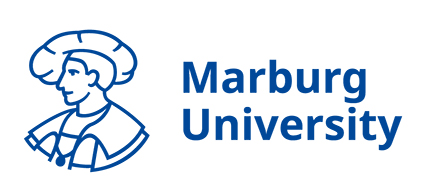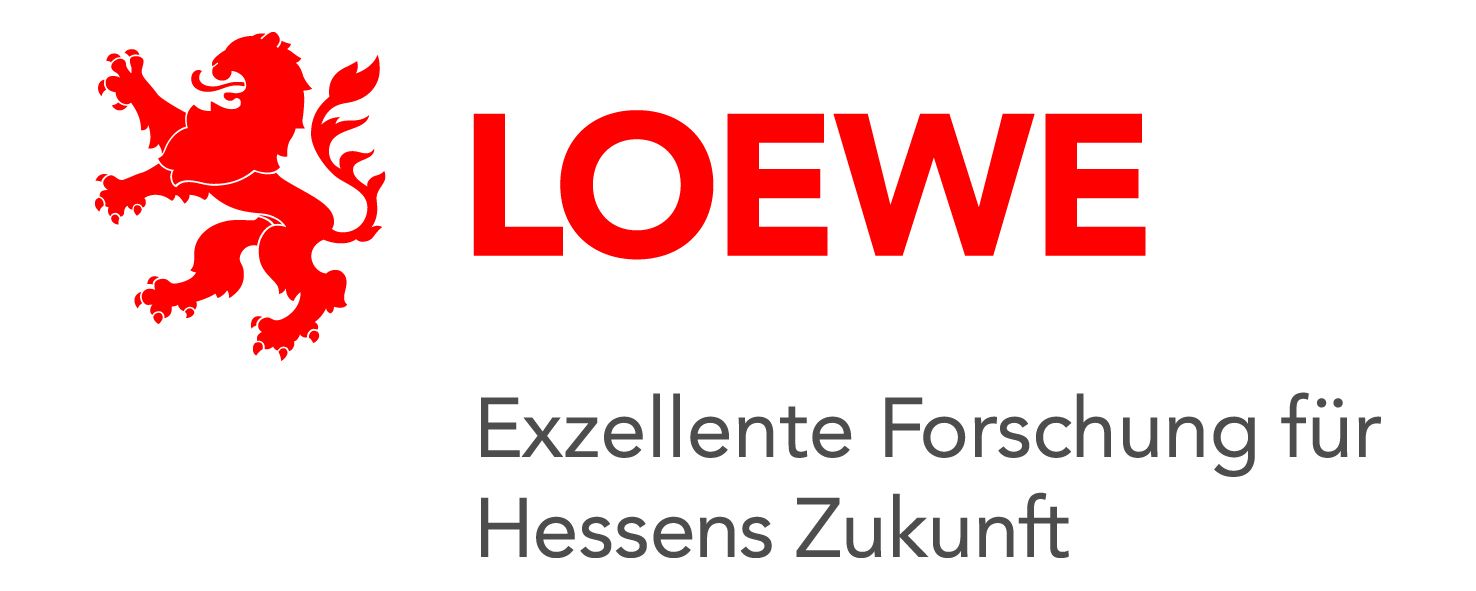Main Content
Cell-free and in vitro prototyping
Lars Voll, Clemens Böhm
Research question
How can cell-free chloroplast-based TXTL (transcription/ translation)- systems be optimized for prototyping metabolic and genetic networks?
Summary
The expression level of stably integrated transgenes in the chloroplast genome of C. reinhardtii is difficult to predict and requires prior testing of suitable genetic elements in an appropriate in vitro system. The use of cell-free chloroplast extracts for prototyping genetic elements for the construction of synthetic metabolic networks and genetic circuits in chloroplasts was established 2021 in the Granz Prize winning student iGEM project OpenPlast and has since been developed further by the involved laboratories (Böhm et al., 2024). Downstream control elements (3'UTRs) showed comparable performance in three higher chloroplast-based cell-free extracts of higher plants (tobacco, spinach, wheat), whereas upstream control elements (5'UTRs) had a strong influence on the formation of the reporter protein NanoLuc in the three examined plant species (https://2021.igem.org/Team:Marburg/Results). In addition, a building block optimized for C. reinhardtii functioned very efficiently in chloroplast extracts from higher plants (https://2021.igem.org/Team:Marburg/Results). In C1, we will employ the already established TXTL system from spinach as work horse, since the isolation of intact chloroplasts from C. reinhardtii is difficult and inefficient.
The MoClo Marburg Collection comprises 157 control elements from higher plants in the widely used Golden Gate MoClo syntax (https://2021.igem.org/Team:Marburg/Part_Collection). The expansion of the MoClo toolbox with control elements from C. reinhardtii (see C2) has already begun.
In project C1 we aim at
- establishing multiparallel quantification of translational units in cell-free chloroplast extracts,
- identification of suited genetic elements and their application
- for constructing metabolic networks in cell-free systems and
- for stress-stable or stress-inducible gene expression in chloroplasts.
References
Böhm CV, Inckemann R, Burgis M, Baumann J, Brinkmann CK, Lipinska KE, Giles S, Freudigmann J, Seiler V, Clark LG, Jewett MC, Voll LM*, Niederholtmeyer H* (2024) Chloroplast Cell-free systems from different plant species as a rapid prototyping platform. ACS Synth Biol. 13: 2412-2424. https://doi.org/10.1021/acssynbio.4c00117


